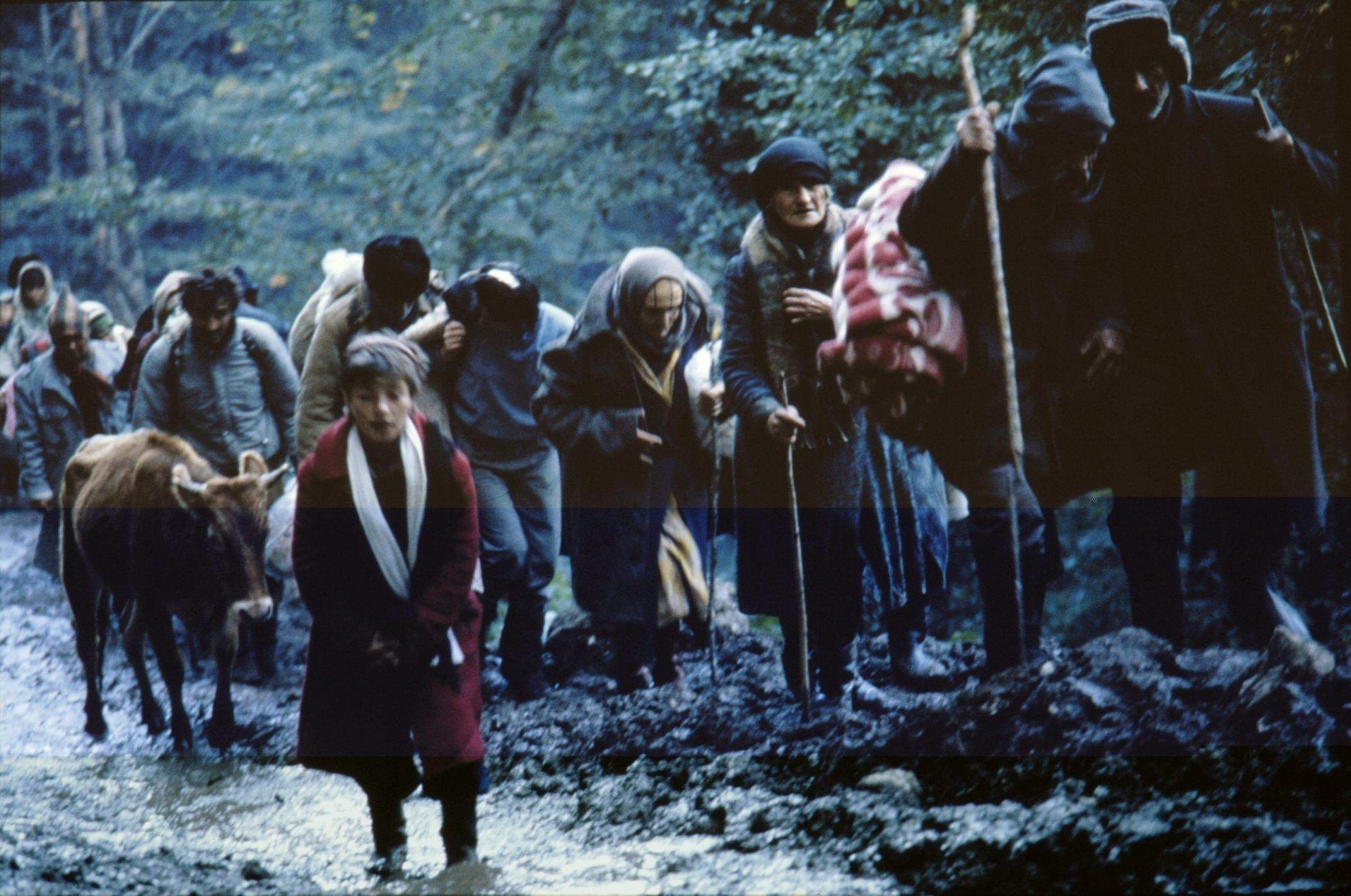საერთო ცხელი ხაზი +995 577 07 05 63


For 30 years, this date has tragically reminded us of the harsh past experiences of the Abkhazian and Georgian people and the severe consequences of the unresolved conflict.
Unfortunately, even during the three decades of independence, the Georgian authorities failed to build trust and foster connections between the war-torn societies. They were unable to take steps to improve the legal and social situation of groups affected by the conflict: hundreds of thousands of internally displaced persons displaced as a result of ethnic cleansing, the ethnically Georgian population living in an environment of systemic discrimination in the occupied territories, Gali and Akhalgori, and the Abkhazian and Ossetian populations residing in the same areas. Thousands of families continue to live near the dividing line.
While the peaceful resolution of conflicts remains a clearly stated political objective, numerous studies indicate that today, the groups affected by conflicts do not feel safe and secure. The fear of renewed war, social insecurity, and limited development opportunities are part of their daily lives. In the face of protracted conflict, peace is multifaceted, encompassing social, economic, political, and security dimensions. This raises the prospect of common interests and agenda-building. It is essential that this multi-layered understanding of human security becomes an integral part of Georgia's peace policy, serving as the legal and humane foundation for the peaceful resolution of conflicts. Policies centered on people, their safety, dignity, and well-being will build trust, foster security, and deepen connections among populations separated by conflict.
Instead of developing a sustainable policy, the Georgian government and political elite are currently engaging in the political instrumentalization of war and peace issues. They are exploiting the traumas and hardships caused by war to enhance their political capital, which is far removed from the genuine interests of peace, justice, and the peaceful resolution of conflicts. Furthermore, the current government appears to struggle to accurately assess the current international and geopolitical landscape, failing to capitalize on the opportunities that have emerged in the wake of the conflict in Ukraine and the evolving dynamics of European integration.
It is crucial to embrace a European, human-centered security system and the principles of inclusive democracy to protect the country's security interests and address conflicts effectively. Leveraging the experience of EU security mechanisms and conflict resolution strategies can play a pivotal role in our conflict resolution process. The European Union represents a peace project, with peace standing as one of its foundational political and philosophical principles upon which European unity is built.
Following the conflict in Ukraine, Russia's imperial and colonial interests in our region have become even more evident. It is now apparent to the Abkhazians that Russia cannot be a reliable security guarantor or trustworthy partner. The Abkhazian community is currently engaged in active resistance against Russia's efforts to annex the region completely, and they find themselves in this endeavor without substantial external support. Unfortunately, our political leadership appears to be overlooking the concerns of the Abkhazian society and is struggling to provide an appropriate response.
The government and the Georgian political class seem to be overlooking the genuine concerns of the conflict-affected population on both sides. These concerns are not adequately represented in the political and public agendas. As a result, such apathetic policies only further alienate our societies and move us away from the goal of building a shared future.
The Social Justice Center honors the victims of war on both sides of the conflict and extends its condolences to their families and loved ones. Instead of ignoring the existing challenges and opportunities, we call on the government of Georgia to start working on a peace policy based on the security of all groups affected by conflicts and respond to their actual needs and interests.
The website accessibility instruction